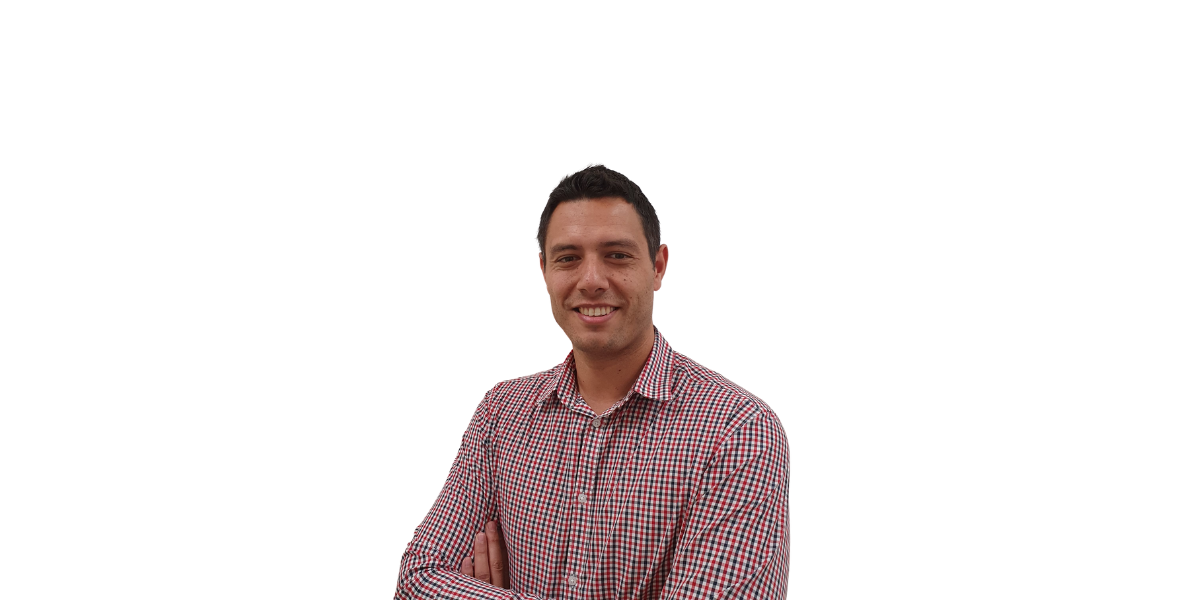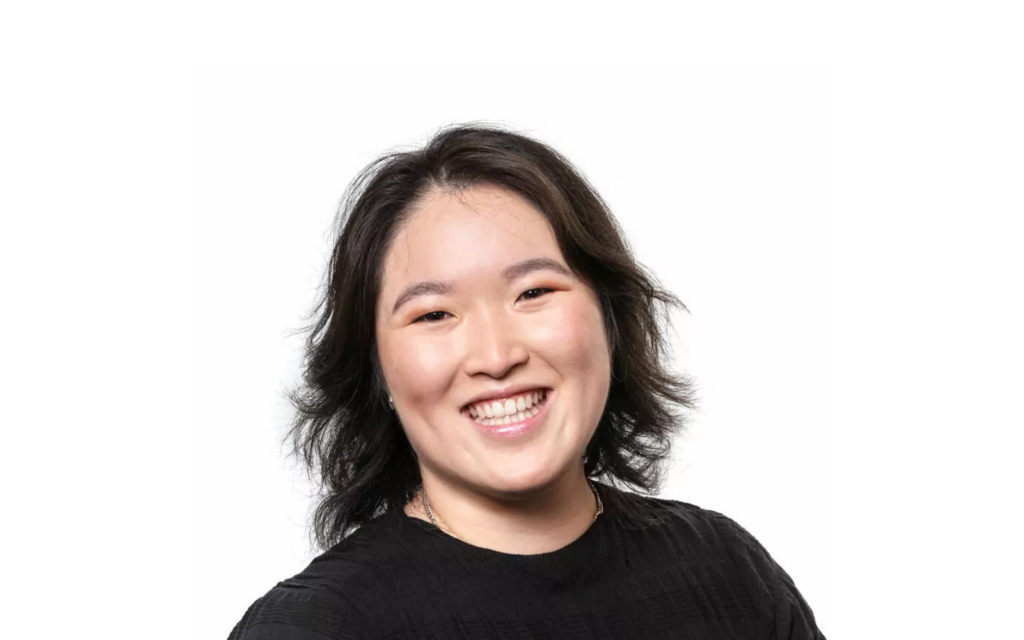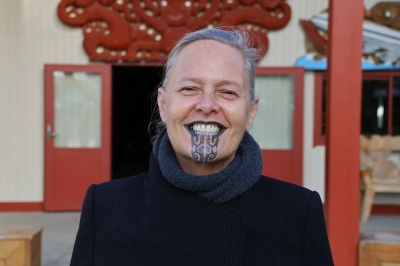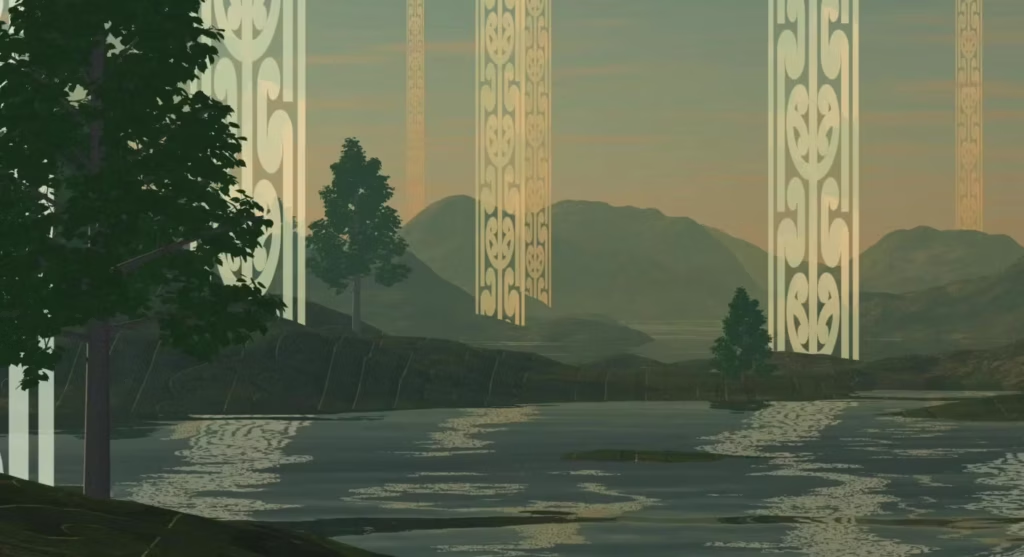Manukura | Nic Cao
Published:
October 1, 2025

O le tele o sulu e maua ai figota
With many torches find many (shell)fish
Malo le soifua manuia i le tatou fono. Fa’afetai i le tatou tapa’au i le lagi mo lona alofa.
O lo’u igoa o Nic Cao
Sa’ou fanau i Aukilani
Ou te nofo i Owairaka
O a’u o le Samoa ma Italia
Ou te sau mai le nuu o Manurewa
Ua fai lo’u toalua. ‘O lona igoa o Masha ; E to’a tolu le ma fanau.
Can you tell us about the mahi you’re leading and the impact you’re seeing in your community?
I work as clinical lead for Le Va’s MHA team and my small team, and I support Pasifika Access and Choice providers across NZ. We’ve developed tailored trainings for this workforce and deliver these trainings, and we support other initiatives such as community of practice events, and leadership fono’s. I notice every time we engage with the workforce the passion people have for the work they do. People are keen to learn about topics – especially topics they are new, or some topics that aren’t talked about enough due to stigma that exists in our society. When I meet staff again who have come to trainings they often share about how useful they’ve found trainings and, in some cases, how they’ve applied it in practice.
What drew you to this kaupapa, and how has your journey shaped the way you approach this work?
I’ve always had a passion for youth and worked as a youth worker post degree for a few years in youth residence. My life experiences, “half-cast identity” complex, journey through addiction, and seeing real change is a motivator for why I have stayed working in mental health and addiction and what keeps me grounded in any work I do. On a ‘workforce’ level, I know that Maori and Pacific communities are in great need when it comes to MHA – so there’s heaps of work for us all to do in the long term to help our communities.
What do you love most about the mahi?
Seeing people change for the better. But for my current role, it has been learning more about the value and role that culture plays in all that we do, including how we support a workforce, how culture is the most important things when it comes to by pacific for pacific services for pacific communities. And as I’ve matured, I’ve been on my own (Samoan) cultural journey, and at Le Va I work with many Samoans so I’m able to learn things in this current environment that will forever shape my own cultural identity.
What are some of the most powerful stories of transformation you’ve witnessed through your work?
We delivered an addiction training to a group of professionals in Invercargill and the team lead asked if they can invite a matua group into the training. Hearing some of the feedback given by matua in the room was inspiring, and begged the question; who is our workforce? It was a reminder that we must think of our families and communities when it comes to workforce. We need our families and communities first and foremost, and the knowledge shared in the room on that day landed well for church and community group leaders. Times like this were moments of true collaboration and it’s a win – win for everyone involved.
What have the challenges been?
Juggling workloads – juggling any private work I do outside of Le Va.
The needs are great and vast but there aren’t enough of us sometimes. I / we at Le Va often get asked to be involved in so many different projects and initiatives that we have to say no to, or I say yes to things and ask for forgiveness later. In many instances there is work we do that’s closely related to our mahi but technically isn’t a contracted deliverable.
What inspires you and who have your greatest teachers and mentors been?
I mostly think of my own family first. My parents, grandparents, siblings, and my children. Professionally, the people that come to mind are David Codyre and Siale Foliaki, prominent medical professionals who lean not only on Western medical frameworks and teachings and who have given so much to our communities in NZ. David hired me as an intern psychologist at Tamaki Health, and while I haven’t worked with Siale, we have a few things in common and when I’ve heard him talk at events, he always puts people first.
What’s one whakaaro or piece of advice you’d give to others working in this space who want to create meaningful change?
Don’t be afraid to get support or go to therapy yourself – I think this needs to be normalised for workers across helping professions.


